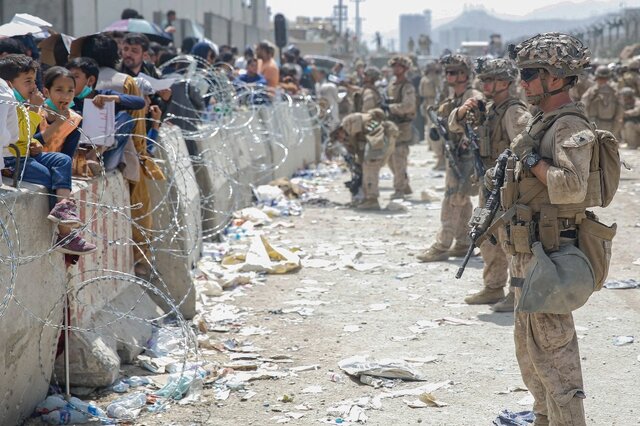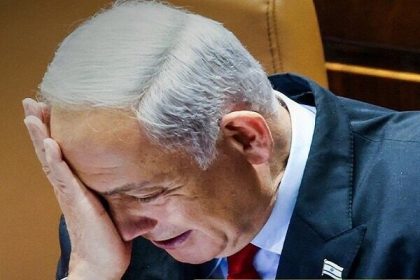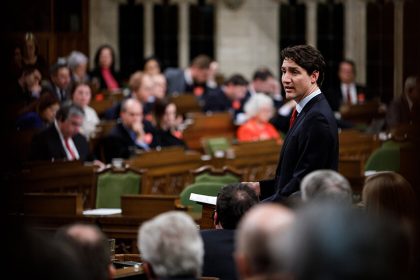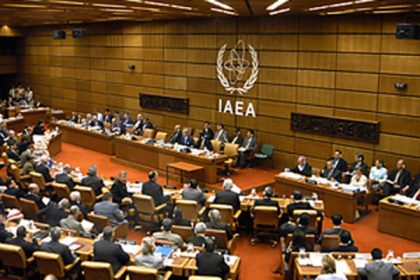A bad law and 23 years of “endless war”
When the US Congress passed the “Fighting Terrorism” Act after the 9/11 attacks, few thought that 23 years later, Washington would use this law against groups that did not even have a foreign presence at the time of its passage.
According to Isna, the American think tank reported in an article referring to the endless wars that the American governments have waged citing the “War on Terrorism” law, that Washington uses this law against groups that did not exist abroad at the time of its approval!
The “Responsible Statecraft” website, which belongs to the American “Quincy” think tank, reported: September 18 is the 23rd anniversary of the approval of the so-called “war on terrorism” law, a law of the “license to use military force” that was approved in 2001 and Allows the US government to use military force in certain circumstances without requiring congressional approval.
According to the American think tank, only three days after the attacks of September 11, 2001, an authorization for the use of military force was approved, which is known as the “War on Terrorism” law and has become the legal basis for several US military operations around the world; From the air attack on al-Shabaab in Somalia to the fight against the Iraqi and Syrian resistance and the detention of hundreds of people in Guantanamo prison. These wars have lasted more than 2 decades, twice as long as World Wars 1 and 2 combined.
Quincy reports: The endless wars waged invoking the War on Terrorism Act have nothing to do with the original intent of its passage. This authorization for the use of military force was actually approved against “countries, organizations, or persons” who were involved in “planning, authorizing, carrying out, or supporting the terrorist attacks of September 11, 2001,” or who harbored such organizations or persons.
This report states: “The text of this law does not mention it directly, but the general impression was that the individuals and institutions that were meant were actually Al-Qaeda as the perpetrators of September 11 and the Taliban as shelters for Al-Qaeda.”
American soldiers in Afghanistan
The American think tank has raised the question that three years after the war in Afghanistan, why is the US government still citing this old law to fight against groups that were not yet formed when this license was issued?
According to this report, although the war on terrorism law was actually set up against Al-Qaeda and the Taliban, but due to the lack of language restrictions in the text of the law and also thanks to different legal interpretations, different governments in the United States used this law to deal with organizations and groups. Various have been used in more than 20 countries of the world, operations and wars that have killed at least 432,000 civilians and have involved Africa, South Asia, and Southeast Asia without the approval of the United States Congress.
An unlimited license without specific definitions
One of the US governments’ excuses for over-extending this law is the claim that it also applies to “affiliated forces” of entities that the US calls terrorists. This concept of complicity, which, according to the American think tank, is not present in the original text of the law, means that the US government can delegate its powers under this law to institutions, countries or persons who have been “partners in hostilities” or “co-belligerent” in the actions of the Taliban or Al-Qaeda. also expand
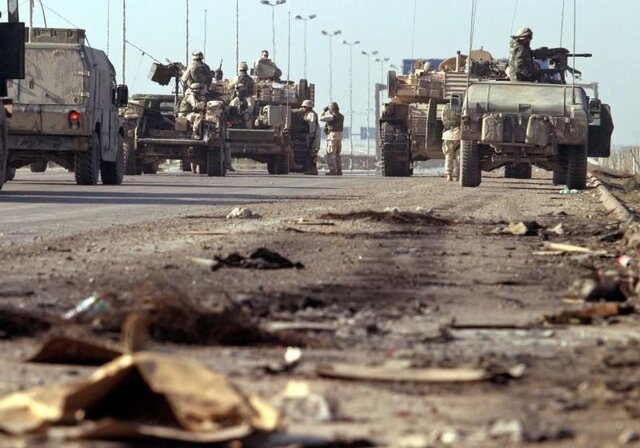
American soldiers in Iraq
According to Quincy, the concept of participation in hostilities has no specific definition in international law, and different American governments have used this law in variable, fluid and controversial ways.
The report states: “The flexible nature of the concept of affiliated forces has led many governments to extend this law to groups that have no connection to 9/11, many of which, like ISIS, had not yet formed in 2001. “That’s why many call the 2001 War on Terrorism Act a blank check for war.”
A non-profit organization in the United States, after studying all 30 authorizations for the use of military force that have been approved since 1789, announced that the authorization approved in 2001 and known as the War on Terrorism Act is the only authorization in which the purposes, location, The manner and duration of these operations have not been clearly mentioned.
There have been many different attempts to suspend or revise the authorization for the use of military force in 2001, and the most recent of them dates back to last year, when a group of representatives of the US Congress made efforts in this direction last September, but did not reach any results. Quincy has asked American lawmakers to include the necessary restrictions in developing an alternative to this license.
According to the American think tank, Congress should issue future authorizations for military intervention against a specific enemy, for a specific period of time, and in a specific manner, so that the presidents of this country do not drag the United States into the destruction of endless wars again.
end of message
News>RCO NEWS
RCO




